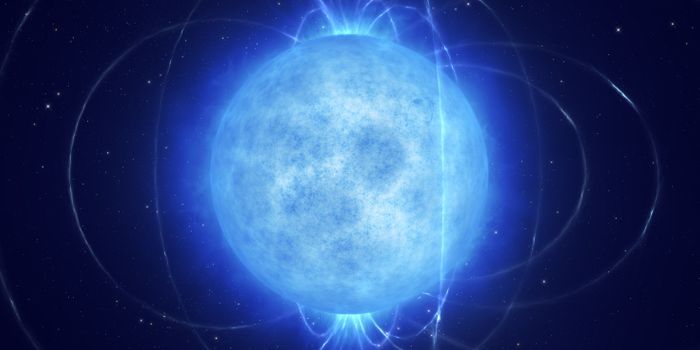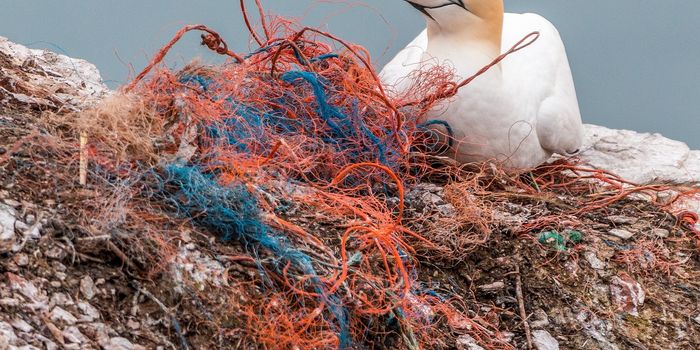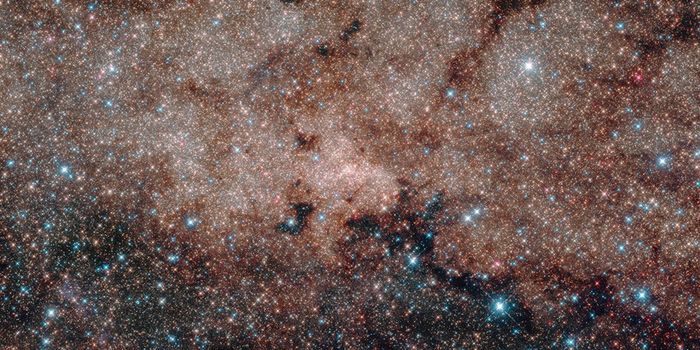Clean Energy Shift a Strategic Win for Most Countries
How can clean energy conversion benefit countries worldwide, specifically regarding trade and security for fossil fuels that are being replaced? This is what a recent study published in Nature Climate Change hopes to address as an international team of researchers investigated how countries transitioning to clean energy could present energy security risks. This study has the potential to help scientists, political leaders, and the public better understand the long-term benefits and risks of clean energy and the steps we can take to mitigate those risks.
“Most people are focused on the new stuff that could be a problem, and not really considering the security benefits of moving away from fossil fuels,” said Dr. Steve Davis, who is a professor of Earth system science at Stanford University and a co-author on the study. “For most countries in a net-zero emissions system in the future, trading off the reduced dependence on imported fossil fuels and increased dependence on these new materials is actually a win for energy security.”
For the study, the researchers used a series of computer models to simulate almost 1,100 scenarios across 236 countries that could fully transition to clean energy by 2060. The goal was to ascertain the potential security and trade risks each country could face for clean energy materials and fossil fuels as they transition from the latter to the former. In the end, the researchers found that while net-zero countries are estimated to experience a 70 percent decrease in security risks for fossil fuels, the security risks for clean energy are estimated to be 82 percent.
“If you’re importing a large fraction of what you need, that’s a vulnerability,” said Dr. Davis. “If it’s all from a single other party, there’s a lot of risk that some natural disaster or geopolitical conflict could disrupt that supply. You want to diversify imports among as many sources as you can.”
How will transitioning to clean energy impact security risks for countries around the world in the coming years and decades? Only time will tell, and this is why we science!
As always, keep doing science & keep looking up!
Sources: Nature Climate Change, EurekAlert!, Stanford University








